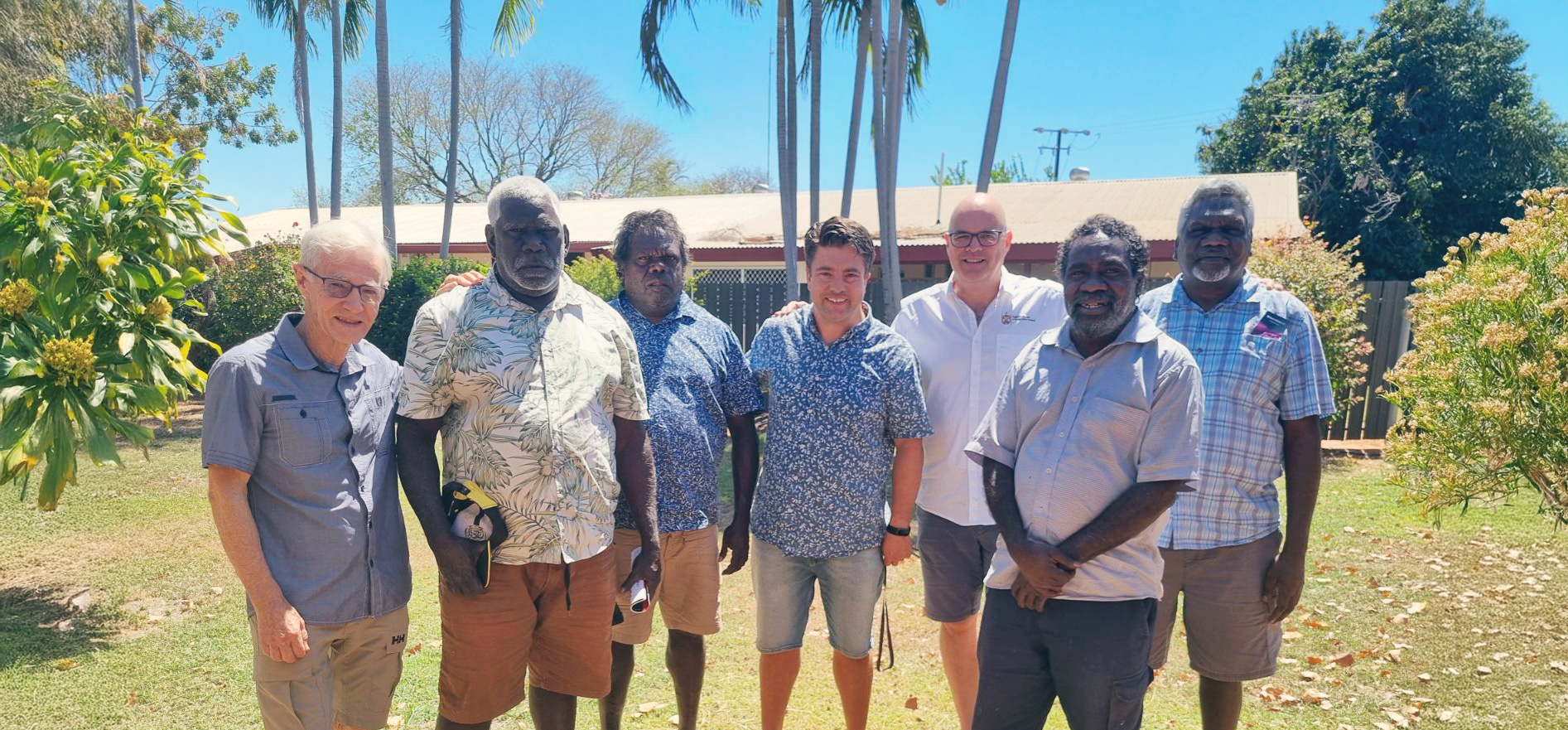Building Trust: Checkpoint Autumn 2021
CMS missionaries N and R recently returned for Final Home Assignment after over 10 years working in medical education and training, and emergency nursing in South East Asia. Prior to deciding to complete their service on location, R reflected on the benefits of serving long-term.
We had to wrestle with the question of short-term or long-term when we were first looking at overseas ministry. Short-term health positions in Christian and secular organisations were many; this was the norm. However, the real question was, why were we going?
For us, the reason to go was so that people would know Jesus—simple, yet so complex. The gospel message is radical and counter-cultural in every context; it asks you to admit that your current life and beliefs are leading you to death. It asks you to turn to God, to change the way you think and act and be transformed. It asks you to change.
Change is hard
As health professionals, we know that changing thinking and behaviour is not quick or easy. Usually many interventions over a long period of time are required. But we also know that we accept critique and are more likely to share how we feel with those people with whom we have deeper, and often longer friendships; they understand us.
So it made sense to us that sharing this radical, counter-cultural gospel with people in a totally different culture and language would be something that should take time; that should be based on relationships of understanding, care and love, giving us genuine platforms to speak into people’s lives with gentleness and respect.
Honouring others with time
This has really been the case in our present location where honour and hospitality are highly valued. In our health ministry many invited short-term teams come to deliver courses to improve care and capacity. When the teams are here the hospitality is lavish, the final surveys always show how valued the teachers and input received has been. But as soon as the teams leave, things go back to normal.
Quizzing my colleagues on why things stay the same they reply, “Well, you need to understand that in this culture we do it differently.” In our health ministry it has been the constant reinforcement of practices at an individual level that has really seen healthcare change.
It has not always been smooth sailing and sometimes it has seemed like a marathon. Yet being there to support in real-time over a long time has seen this acute care go from local to national, and become sustainable.
Time creates trust
The parallel has been the same in sharing about Jesus. Over time our Buddhist colleagues have gone from politely listening to our sharing about Jesus, to many years later, asking us to actively pray for them and with them. This is the result of sharing our lives with them and theirs with us over many years. For them it is not so much the ‘talk’ but the long walk we have been on with them.
In this culture, people have a deep awareness of the supernatural. Recently a ghost came to our university, causing fear among staff. Two colleagues—who had seen ghosts removed through prayer five years earlier—asked for prayer, and God again answered. As they saw again what our sovereign Lord could do, this time they felt comfortable in receiving a Bible to read more about this amazing God who cared for them.
…our Buddhist colleagues have gone from politely listening to our sharing about Jesus, to many years later, actually asking us to actively pray for them and with them.
The power of prayer
![]()
Another of our colleagues has experienced the effects of similar prayer previously, but she remains a strong Buddhist. However, with the current pandemic causing great stress within health, she felt that she could come to us for help. She wasn’t sleeping. She was worried she would infect her parents, and she was worried that our health system was overwhelmed, and she felt as if she was sinking.
In this honour culture, to admit you are not coping is huge and very intimate. Since, and in this moment, we were able to speak to her about casting your anxieties on the one who gives peace (1 Peter 5:7). Remembering back to previous answered prayer, she even felt comfortable to pray to God for peace again, in words from the Bible. She is still a Buddhist, but we feel that God has his hand on her, as well as others like her.
Over time, our colleagues have observed us and experienced God answering prayers. They remember what God has done and who he is and now will ask for help.
Be it short or long-term, God can turn all sharing of his word into something fruitful—his word does not come back empty. Yet, we have seen that in long-term ministry, the depth and opportunities of sharing are certainly greater. It has allowed time to understand people and grow relationships that show you genuinely love and care for them.
GO
Are you a medical or health professional? There are many locations where these skills can help bear powerful gospel witness. Contact your branch to find out about opportunities to serve.












































































































